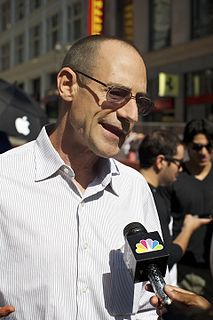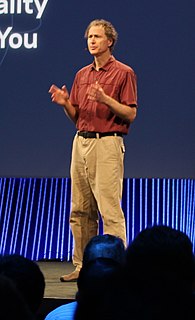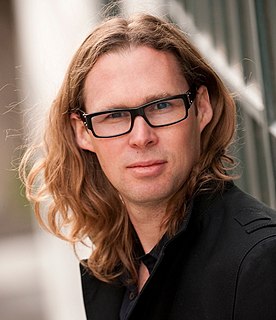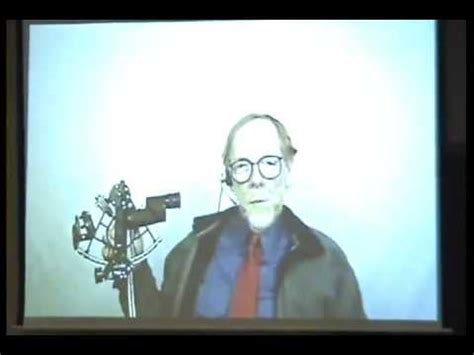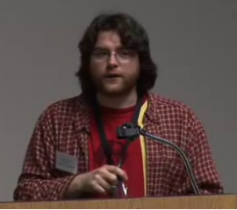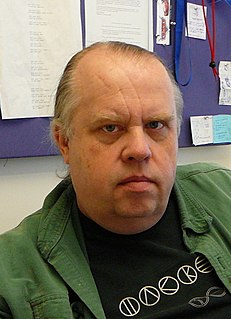A Quote by Erik Naggum
C being what it is lacks support for multiple return values, so the notion that it is meaningful to pass pointers to memory objects into which any random function may write random values without having a clue where they point, has not been debunked as the sheer idiocy it really is.
Related Quotes
Any one who considers arithmetical methods of producing random digits is, of course, in a state of sin. For, as has been pointed out several times, there is no such thing as a random number - there are only methods to produce random numbers, and a strict arithmetic procedure of course is not such a method.
The purely random sample is the only kind that can be examined with confidence by means of statistical theory, but there is one things wrong with it. It is so difficult and expensive to obtain for many uses that sheer cost eliminates it. A more economical substitute, which is almost universally used in such fields as opinion polling and market research, is called stratified random sampling.
We have entered a new phase of culture - we may call it the Age of the Cinema - in which the most amazing perfection of scientific technique is being devoted to purely ephemeral objects, without any consideration of their ultimate justification. It seems as though a new society was arising which will acknowledge no hierarchy of values, no intellectual authority, and no social or religious tradition, but which will live for the moment in a chaos of pure sensation.
Here's what I'm going to say about that: my personal thought about the brilliance of 'Peeno Noir' as proven by the fans' appreciation is that, when watched back, what makes it so exciting is the random locations and the random costume changes and the multiple shots that we've done all over the city.
I look to Islamic ethics to find something that can provide the basis for shared values with other traditions, and ultimately universal values. This ties into the point I made in a book, 'The Quest for Meaning', that the only way for values to be universal is if they are shared universal values. My main point is, in this quest for value the aim is not to express your distinctness from others, but about being able to contribute to the discussion of universal value.
Some ministers are fond of talking about a return to Victorian values. We must realise that those Victorian values are being expressed by some of the younger people in this society in shameful and disturbing disregard for other members of their generation who are not as fortunate as they are in having a job.
The first attempts to consider the behavior of so-called "random neural nets" in a systematic way have led to a series of problems concerned with relations between the "structure" and the "function" of such nets. The "structure" of a random net is not a clearly defined topological manifold such as could be used to describe a circuit with explicitly given connections. In a random neural net, one does not speak of "this" neuron synapsing on "that" one, but rather in terms of tendencies and probabilities associated with points or regions in the net.
If you look at the steps being taken towards Scottish independence, they're being dealt with politically in very dull and boring ways. So if you just feverishly speculate numbered but random Scotlands - because in the book, it's a random sequence of possibilities - you can imagine many ways in which different things might happen.
From a policy point of view, I don't think it's the right approach. I don't like the idea of having millions of people here for their entire life without being able to assimilate into America...From a political point of view, we've got 55 Democrats sent and a 72 percent support for a path to citizenship. It's just not practical to think we'll be able to pass any bill in the United States Senate without a path to citizenship.

















